#Regulations
Text
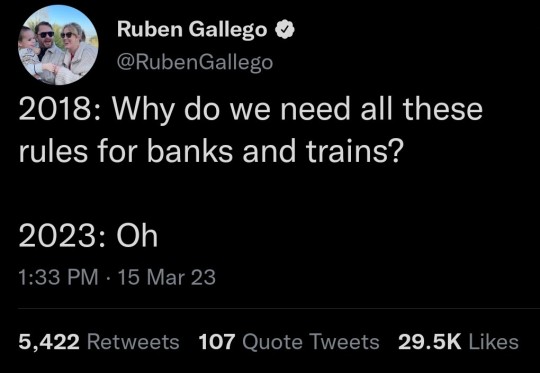
93K notes
·
View notes
Text

159 notes
·
View notes
Text
People in the notes of my post about Tesla removing the gear selectors from its new cars, asking how that's even legal, clearly have no idea just how incompetent and slow-paced the NHTSA is.
Halogen headlights weren't legal until 1979.
Composite headlights (the uniquely designed ones that aren't the old-school circle or square ones you see on older cars) weren't legal until 1984.
Adaptive High Beams (Matrix Headlights) were only recently legalized, in 2022; and the regulations and testing procedures in order to approve them are so haphazard and over-complicated compared to Europe's that not a single automaker has even made them available.
Side Curtain airbags still are not mandated in the United States.
Turn Signals can be red in the U.S., as opposed to the statistically safer amber which is mandatory in Europe.
Making that worse, those red turn signals are allowed to share lamps with the brake lights. This means if you have your turn signal on, 1/3 of your brake lights can’t do their job because they're too busy doing another job.
There is no law in the United States dictating that an electric car must put on its brake lights when Regen braking. In fact, the law specifically states that only the friction brakes are required to activate brake lights. You can bring a Hyundai Ioniq 5 & 6, Kia EV6, Genesis GV60, and many other EVs to a rapid, complete stop without ever activating the brake lights.
Early model Chevrolet Bolt EVs and some Mercedes-Benz EVs will activate the brake lights appropriately when slowing down, but will deactivate their brake lights once they've come to a complete stop, allowing the car to sit at a standstill in the road without any indicator that it isn't traveling at the same speed as you are.
It's completely up to the automaker to decide how (or even if) to implement regen brake lighting. EVs and Hybrids have been around since the late 1990s and this still hasn't changed.
The US government STILL only evaluates a vehicles crash safety by crash testing it at 35 mph into a flat wall and t-boning it with a barrier representing a 3,000 lb sedan. They don't do an offset frontal test or a truck-barrier side test like the IIHS has been doing for private insurance companies for over a decade.
The NHTSA performs ZERO pedestrian crash safety tests like EuroNCAP does.
Oh, and on the topic of gear selectors, those aren't regulated at all. Here are some examples from modern cars, both electric and not:
BMW i3 & Nissan LEAF (Electric):
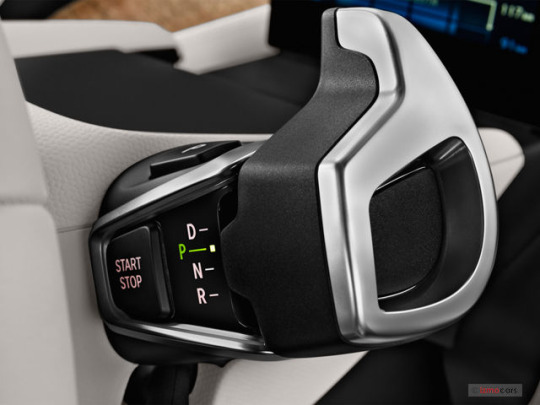

Toyota Prius (Hybrid) & Honda Clarity (Plug-in Hybrid):

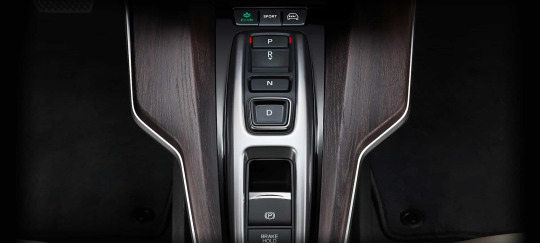
RAM 1500 & Cadillac Escalade (Gasoline):
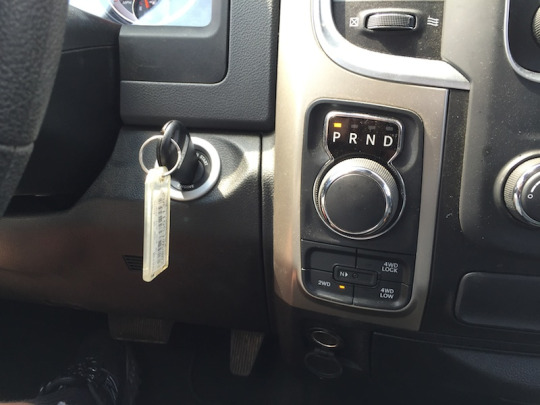
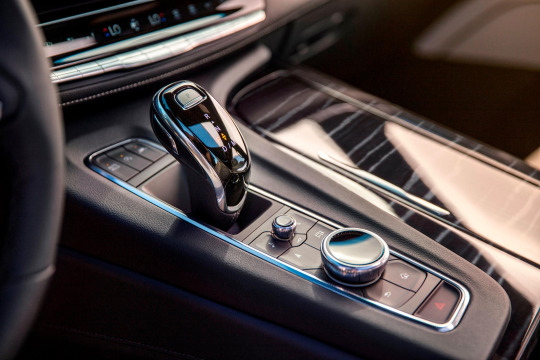
The automotive rules of the American government are pure chaos, and that’s if they're even there at all. If you're seriously asking how Tesla can allow a car to select reverse on its own, and then put the manual override in the touch screen, I mean, that's just scratching the surface.
If you wanna learn more, Technology Connections on YouTube has some great videos on the Turn Signal issue, the EV Regen brake light issue, and the history of the headlight regulations. I highly recommend you check them out because it truly puts into perspective just how awful the NHTSA is at doing its one job: keeping safety standards up-to-date.
#rambles#america#nhtsa#vehicle safety#regulations#car#cars#ev#evs#tesla#fuck tesla#electric cars#electric car#electric vehicles#safety
167 notes
·
View notes
Photo

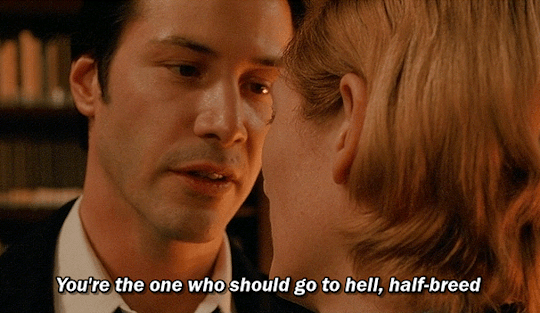

#gif#mine#miblin#2000s movies#constantine#gabriel#rules#regulations#look but dont touch#touch but dont taste
1K notes
·
View notes
Photo
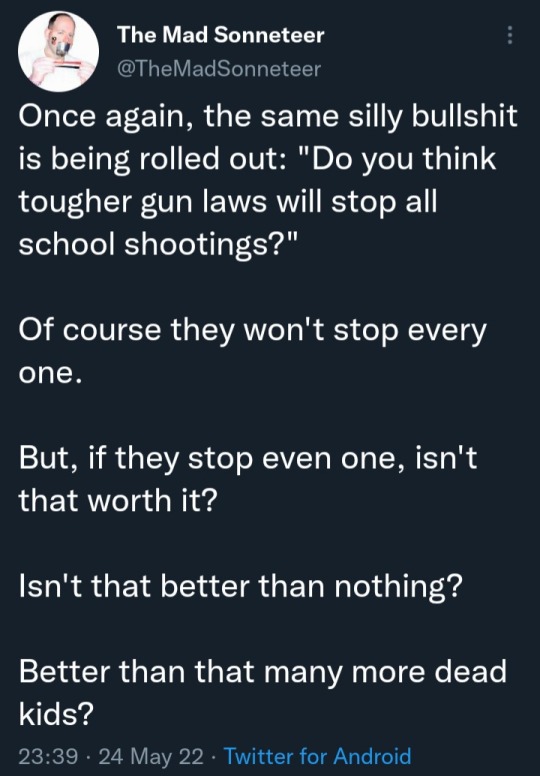
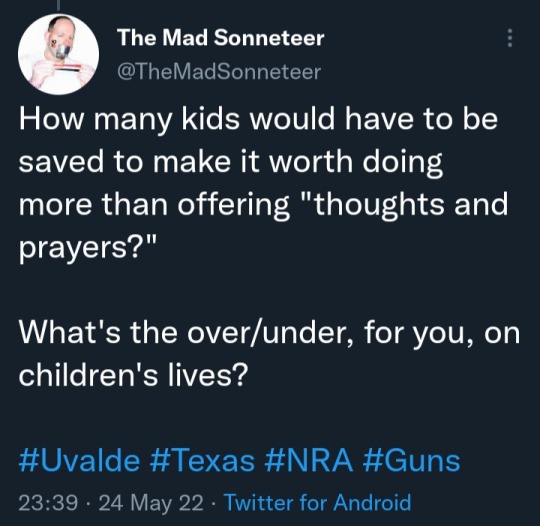
#Uvalde#Texas#gun#guns#regulation#regulations#law#laws#NRA#National Rifle Association#kid#kids#child#children#thoughts and prayers#school shooting#school shootings#The Mad Sonneteer#Bud Koenemund#Koenemund
2K notes
·
View notes
Text
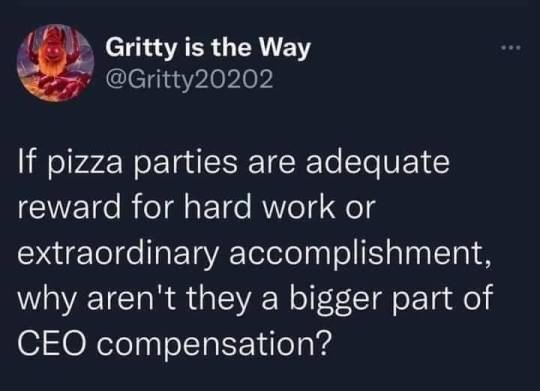
#pizza hut#i love pizza#tesla ceo#regulations#rich people#rich#eat the rich#income#wealth#millionaire#billionaire#kill 6 billion demons#billionarelifestyle#billionares shouldnt exist#launches#bank#heres#socialism#anti capitalism#communism#leftist#marxism#anarchy#democratic socialism
150 notes
·
View notes
Text
Guys, things are getting bad for people who take SSRI's. The shortages are intentional for capital gain. The FTC is open for public comment for only 55 days. It's time to tell them how drug shortages affect us!!
31 notes
·
View notes
Video
poverty and capitalism
#tiktok#capitalism is a scam#new deal#poverty#living wage#minimum wage#wages and salaries#livable wage#wages#1300s#histroy#industrial revolution#the great depression#the panic of 1873#deregulation#regulations#economy#economics#great recession
142 notes
·
View notes
Text
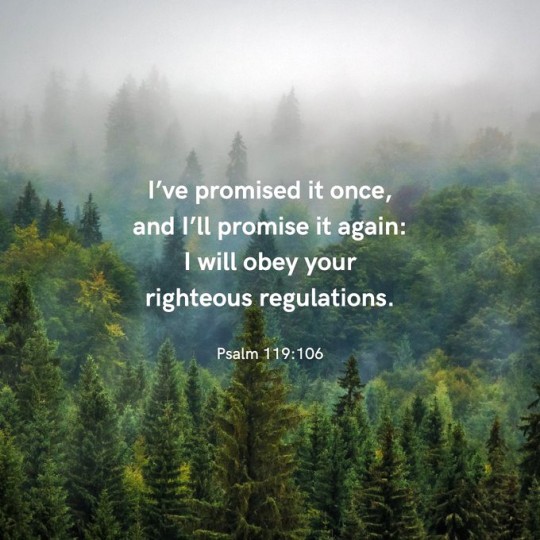
Psalm 119:106 (NLT) -
I’ve promised it once, and I’ll promise it again:
I will obey Your righteous regulations.
10 notes
·
View notes
Link
The cases listed in this February 26, 2024 roundup cover:
Donald Trump ballot eligibility
Whether Jan. 6 rioters (and Trump) can be charged with obstruction
Guns for suspected domestic abusers
Bump stock ban
Abortion medication restrictions
Emergency room abortions
Limits on social media posts
Blocking critics on social media
White House asking social media companies to remove misinformation
Power of federal agencies
Consumer Financial Protection Bureau
SEC tribunals
Opioid lawsuit settlement
Voting maps
Employment discrimination
Homeless encampments in public spaces
Trump tax cuts
Downwind industrial pollution
#supreme court#14th amendment#insurrection#guns#reproductive rights#social media#regulations#bankruptcy#gerrymandering#discrimination#homelessness#pollution
12 notes
·
View notes
Text
Napoleon’s decree in 1810: First regulation limiting pollution in French history

Source: Décret impérial du 15/10/1810
This comes after the creation of the Public Hygiene and Health Council of the City of Paris on 6 July 1802, and each department getting its own Health Council.
In addition, the ordinance of the Prefect of Police on 12 February 1806 concerning preliminary investigations then authorization necessary for factories, workshops and laboratories producing polluting or dangerous products.
According to Éloi Laurent (Towards Social-Ecological Well-Being):
“The first laws regulating French industrial establishments and in particular the imperial decree of October 15, 1810 was the first legislation in the world regulating pollution (it was extended by the law of December 19, 1917).”
Below is an English translation of the 1810 decree.
————-
Imperial decree of 10/15/1810 relating to factories and workshops that emit an unhealthy or inconvenient odor.
NAPOLEON, Emperor of the French, King of Italy, Protector of the Confederation of the Rhine, Mediator of the Swiss Confederation;
On the report of our Minister of the Interior;
Considering the complaints brought by various individuals against factories and workshops whose operation gives rise to unhealthy or inconvenient exhalations;
The report made on these establishments by the chemistry section of the physical and mathematical sciences class of the Institute;
Our Council of State heard;
We HAVE DECREED and DECREE the following:
Article 1 of the decree of 15 October 1810
As of the publication of this decree, factories and workshops which emit an unhealthy or inconvenient odor may not be formed without permission from the administrative authority: these establishments will be divided into three classes.
The first will include those who must be located away from private homes.
The second will include factories and workshops whose distance from homes is not strictly necessary, but which should only be set up once it is certain that the operations carried out there will not inconvenience or cause damage to neighboring homeowners.
In the third class will be establishments which can remain near homes without inconvenience, but must remain subject to surveillance by the police.
Article 2 of the decree of 15 October 1810
The necessary permission for the formation of factories and workshops included in the first class will be granted, with the following formalities, by a decree issued by our Council of State.
Permission for the operation of establishments in the second class will be granted by the prefects, on the advice of the sub-prefects.
Permissions for the operation of establishments in the last class will be issued by sub-prefects, who will first obtain the opinion of the mayors.
Article 3 of the decree of 15 October 1810
Permission for first class plants and factories will only be granted subject to the following formalities:
The request for authorization will be presented to the prefect, and posted, by his order, in all communes within a five kilometer radius.
Within this period, any individual will be allowed to present grounds of opposition.
The mayors of the communes will have the same right.
Article 4 of the decree of 15 October 1810
If there is opposition, the Prefecture Council will weigh in, with the exception of a decision by the Council of State.
Article 5 of the decree of 15 October 1810
If there is no opposition, permission will be granted, if necessary, on the advice of the prefect and the report of our Minister of the Interior.
Article 6 of the decree of 15 October 1810
If it concerns a soude[*] factory, or if the factory is to be established within the customs area, our Director of Customs will be consulted.
Article 7 of the decree of 15 October 1810
Authorization to form factories and workshops in the second class will only be granted after the following formalities have been completed.
The entrepreneur will first send his request to the sub-prefect of his arrondissement, who will forward it to the mayor of the commune in which the establishment is to be formed; by instructing him to carry out a de commodo et incommodo[**] enquiry. Once this is completed, the sub-prefect will issue a decree which he will forward to the prefect. The prefect will make the decision, unless any interested parties appeal to our Council of State.
If there is opposition, it will be decided by the Prefecture Council, except for an appeal to the Council of State.
Article 8 of the decree of 15 October 1810
Factories or establishments in the third class can only be formed with the permission of the Prefect of Police, in Paris, and the mayor in other towns.
If complaints arise against the decision taken by the Prefect of Police or the mayors, on a request to form a factory or workshop included in the third class, they will be judged by the Prefecture Council.
Article 9 of the decree of 15 October 1810
The local authority will indicate the place where the factories or workshops included in the first class may be established, and will specify its distance from private dwellings. Any individual who carries out construction in the vicinity of these factories and workshops after their establishment has been authorized will no longer be allowed to request their removal.
Article 10 of the decree of 15 October 1810
Establishments that emit an unhealthy or inconvenient odor will be divided into three classes in accordance with the table appended to this imperial decree. It will serve as a rule whenever it comes to deciding on requests for the formation of these establishments.
Article 11 of the decree of 15 October 1810
The provisions of this decree will not have retroactive effect: consequently, all establishments currently in operation will continue to operate freely, with the exception of any damages to which contractors may be liable in the event of damage to the property of their neighbors; such damages will be settled by the courts.
Article 12 of the decree of 15 October 1810
However, in the event of serious inconvenience for public health, culture, or the general interest, first-class factories and workshops causing such inconvenience may be suppressed by virtue of a decree issued by our Council of State, after having heard the local police, taken the opinion of the prefects and received the defense of the manufacturers.
Article 13 of the decree of 15 October 1810
Establishments maintained under article 11 will cease to enjoy this benefit as soon as they are transferred to another location, or if there is a six-month interruption in their work. In either case, they will fall into the category of establishments to be formed, and they will not be able to resume activity until they have obtained a new permit, if necessary.
Article 14 of the decree of 15 October 1810
Our Ministers of the Interior and the General Police are each responsible for the execution of the present decree, which will be published in the Bulletin of Laws.
NAPOLEON
By the Emperor:
Minister Secretary of State,
H. B. DUKE OF BASSANO
——————
My notes:
Attached to this decree is an appendix with
“nomenclature of factories, establishments and workshops emitting an unhealthy or inconvenient odor, which may not be set up without permission from the Administrative Authority.”
Some of the substances listed can be translated and some cannot. I recommend going to the link at the top of this post to check it out if interested.
[*] Soude definition
[**] De commodo et incommodo definition
Public Hygiene and Health Council of the City of Paris is a translation of Conseil d'hygiène publique et de salubrité de la Ville de Paris
An additional source on this legislation: Fondation Napoléon
#napoleon#napoleon bonaparte#napoleonic era#napoleonic#first french empire#french empire#pollution#environment#environmental regulations#climate#industrial revolution#industrial#Napoleon’s reforms#napoleonic reforms#reforms#history#france#imperial decree#regulations#french revolution#ecology
9 notes
·
View notes
Link
This is so dangerous.
54 notes
·
View notes
Text
Welcome to Find Your RP.
Read the rules below to have your submission posted!
★ Include your age or age range. Please be aware that this blog doesn't allow submissions from minors due to its possible NSFW content. 18+ ONLY
★ NSFW requests are allowed. However, do not make them too explicit.
★ Be respectful and follow normal DNI criteria.
★ No real person fiction (RPF). This is intended for fictional writings of all kind.
★ Include the name of the fandom you're looking for. If you could put it in bold or italics the mods will be very thankful!
★ If your request doesn't get posted you can resend it after making sure it follows all regulations.
★ Don't send the same ask again for 7 days. We make sure to include everyone and not cloud people's timelines with the same request. Once it's been a week feel free to send it again.
★ Lastly, include an emoji of any kind in your ask, so we know you've read the rules.
Have fun writing!
103 notes
·
View notes
Text
Just listened to Kurt Cobain singing Soundgarden's Black Hole Sun generated by A.I. on Rick Beato's channel and I cried, because it sounded 100% like him. There's something so morally wrong about this, not just the fact that this has massive, negative media implications, including creating fake news that can stir up society, big record labels using A.I. to generate voices of dead and living musicians without paying them a cent, or why not? Even big streaming services like Spotify (who have already a vile monopoly) creating A.I. music without properly retributing the artists (they barely pay them now). A.I. is not a negative thing per se, but new technology needs laws and regulations that protects people, which always come too late after it already had catastrophic consequences on the population. Why? Because lawmakers are always a bunch of ancient dinosaurs who do not understand technology and its effects. We need young people making laws and urgently.
#a.i. music#a.i. art#a.i.#artificial intelligence#spotify#music#kurt cobain#soundgarden#lawmakers#regulations#unregulated#laws#streaming services#rick beato
36 notes
·
View notes
Text
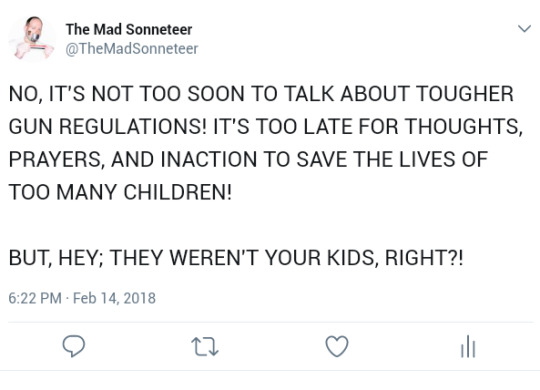
#guns#gun#firearms#regulation#regulations#law#laws#thoughts and prayers#thoughts#prayers#kids#kid#children#child#life#lives#death#The Mad Sonneteer#Bud Koenemund#Koenemund
25 notes
·
View notes
Text
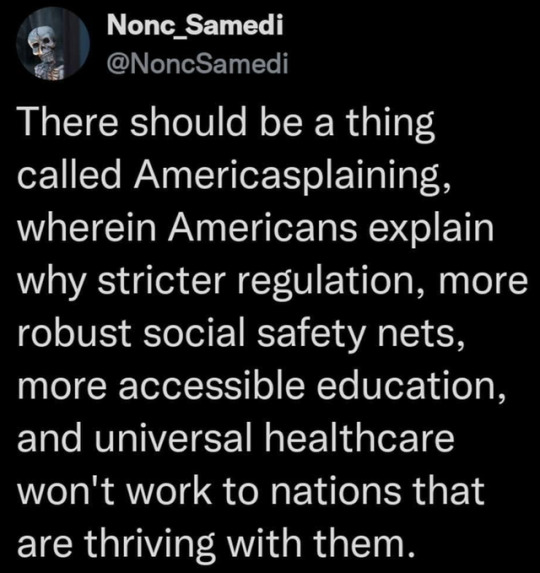
7 notes
·
View notes